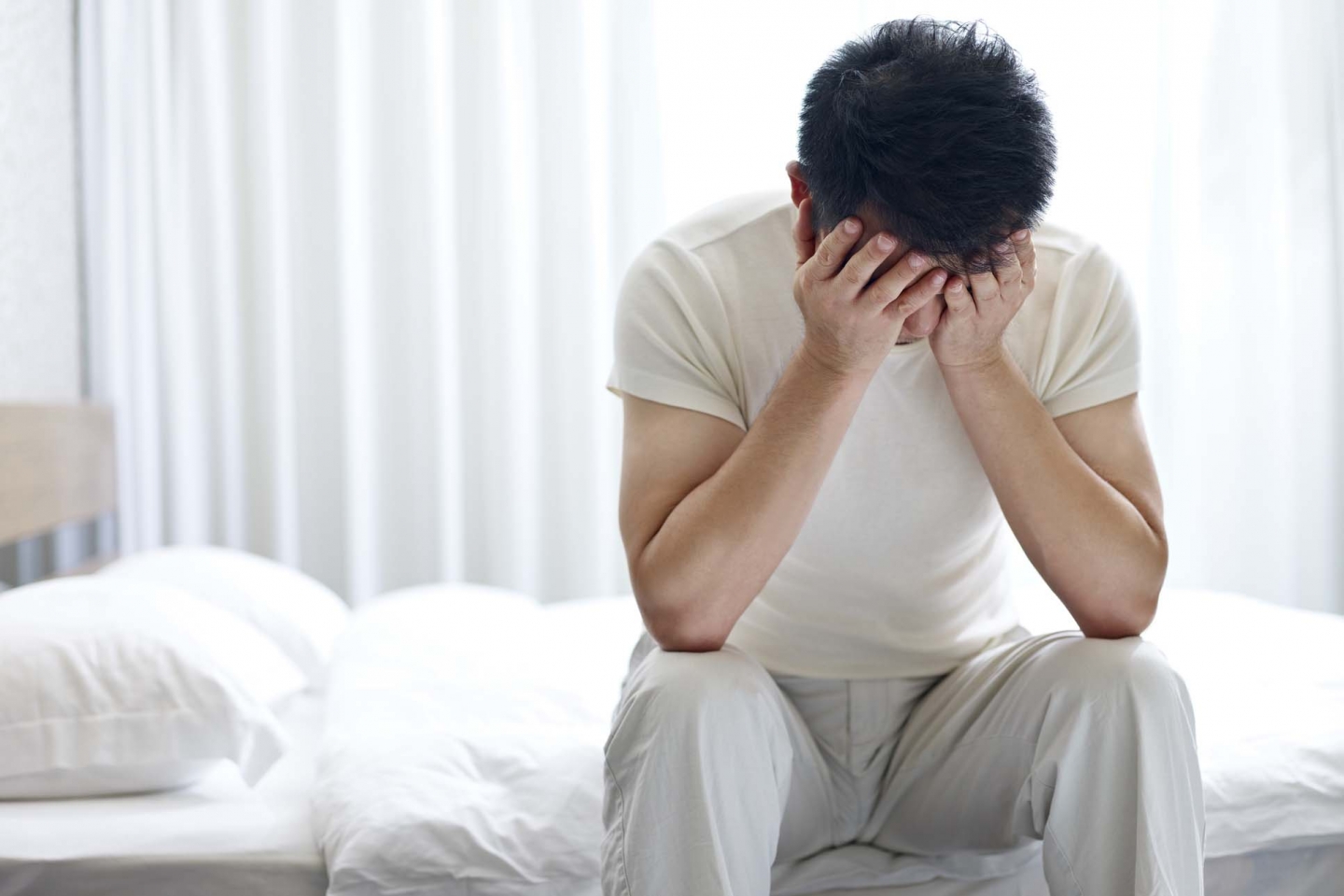Facts All Men Should Know About Sexual Problems and Dysfunction

Male sexual dysfunction can include a wide variety of problems, ranging from low libido, erectile dysfunction (ED), premature ejaculation, and other issues. While many men know that these issues are common, they can be difficult to talk about. In fact, many men wait several months, or even years, before raising the issue with their primary care physician.
Thankfully, both normal and abnormal male sexual function are now better understood medically than ever before. maintains an active faculty practice specializing in sexual medicine. “I use an integrated, holistic approach, looking at the whole man. “Often, men will first see a urologist and then are referred to me for a more detailed evaluation and discussion of their overall health.”
Here, shares her insight as to the connection between male sexual, physical, and mental health.
Sexual problems may signal a cardiovascular or other medical issues
“Any man that experiences a change in libido, erection, or ejaculation should bring this up to their primary care physician. Any issue that lasts for several months may indicate a more serious medical issue that should be addressed:
- Early ejaculation can develop because of medication, nerve damage, or other direct urinary conditions
- A change in libido or erection may be the first sign of diabetes
- Problems with libido or erection may be related to a hormonal imbalance
- Problems with erection may be a sign of a cardiovascular issue or prostate cancer
There is a strong link between sexual function and mental health
Mental health issues — including depression, anxiety, and other psychiatric illnesses — can lead to many different types of sexual disorders. “It’s clear that there is a strong connection between ED and depression. "Women, on the other hand, who experience depression are more likely to see a decrease in libido. It’s very important to diagnose the psychiatric illness first to improve sexual function.”
Sexual function is often improved by addressing, managing, and alleviating anxiety and depression. “There are many helpful therapies, including mindfulness, cognitive behavioral therapy, and relaxation techniques to help one be more present in the experience and enjoy it more fully.”
Medications for mental illness may cause sexual function changes, to varying degrees
“There is a wide misconception that the medications for mental illness cause sexual problems, but the data is clear that sexual function is more likely to improve when the mental illness is treated. "It’s not a good idea to avoid the medication because of the potential side effects.”
Fifty to 70 percent of men do not experience any sexual side effects from medications, and men taking medications for serious psychiatric disorders are more likely to experience a sexual side effect.
“If you do experience sexual problems as a result of a medication,” work with your doctor to manage the side effects. Several drugs are known to produce fewer side effects.”
Again, emphasized the importance of mental health for sexual health. “The key,” she stated, “is to treat the mental disorder and then the sexual disorder. It’s best to get the condition treated and work with the doctor to manage the side effects.”
With age, some changes in sexual function are normal
Some changes in sexual drive, performance, and function are normal parts of aging. “As men get older,” they may need more time for foreplay or direct stimulation. If this isn’t enough to improve normal age-related changes in sexual function, sex therapy can be very beneficial.”
However, if the changes are dramatic or difficult to work through, talking to a primary care physician. “Your doctor can help you differentiate normal changes from more problematic issues, including medical issues,” she said. “Don’t assume it’s a normal change that comes from getting older.”
Improving overall health can improve sexual performance, according to the “biopsychosocial model” for overall and sexual health. “There is so much interconnectivity when it comes to our health,” she explained. “It’s important to take a holistic view.”
Indeed, cardiovascular, neurological, hormonal, and psychological systems all interact for sexual performance. A healthy lifestyle can significantly help improve sexual function — improving diet, achieving and maintaining a healthy weight, and exercising regularly all help promote greater overall health and, therefore, greater sexual health.


No comments:
Post a Comment